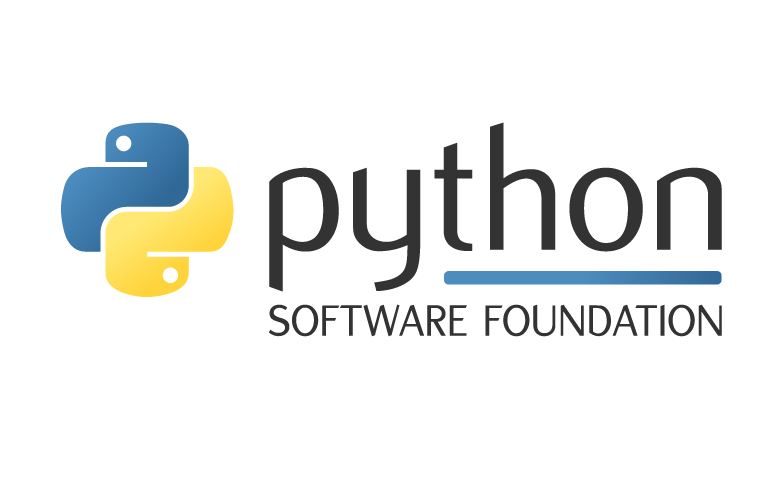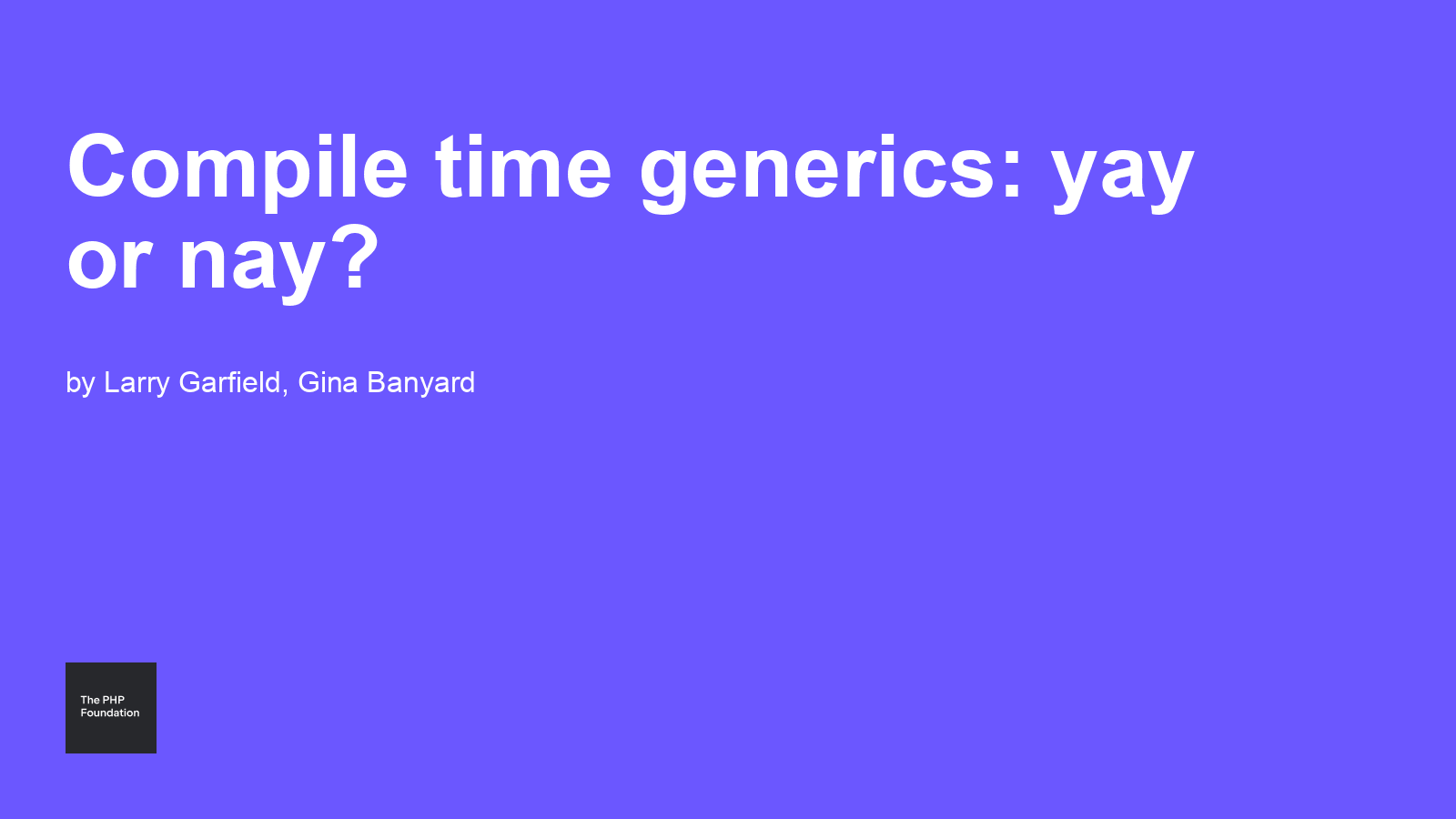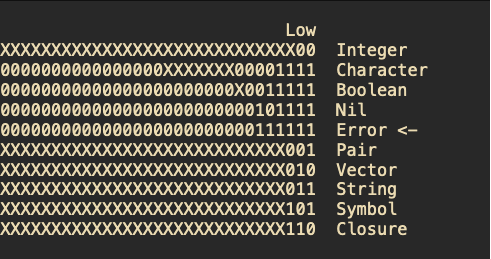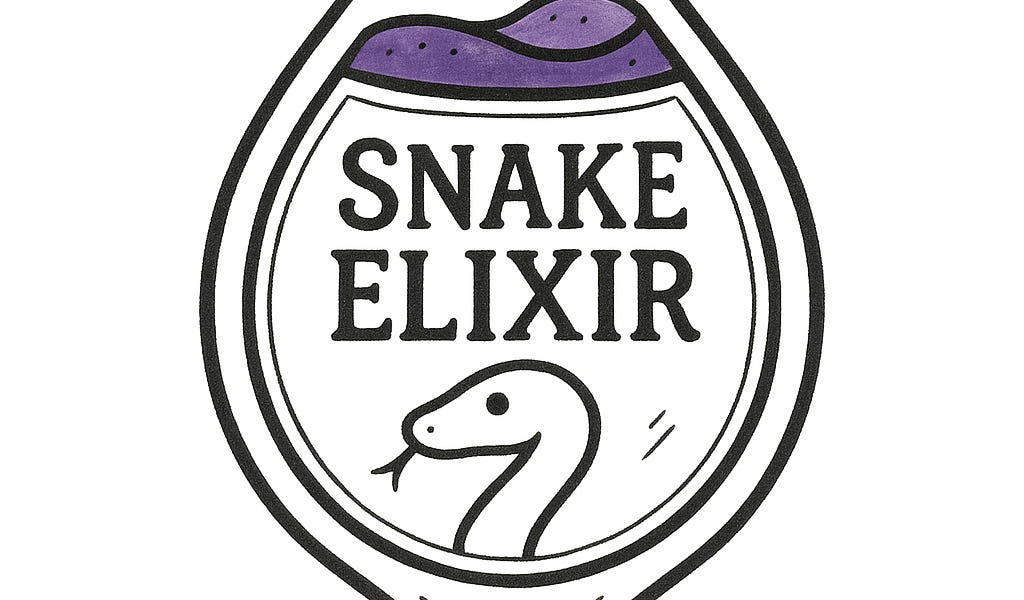Microrim's Rapid Port of R:BASE System V to OS/2
In late 1986, Microrim, a database software company, faced a monumental task: porting their flagship product, R:BASE System V, to IBM's newly emerging OS/2 before its official launch. Leveraging their modular software design and expertise, they systematically converted the largely FORTRAN-based application to C using a translation tool, then efficiently ported it to OS/2 by isolating OS-specific calls. This feat, accomplished in a remarkably short timeframe, showcased Microrim's prowess and offered valuable lessons for other developers facing similar challenges. The resulting OS/2 version benefited from OS/2's expanded memory and multitasking capabilities, enhancing performance and user experience.











